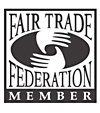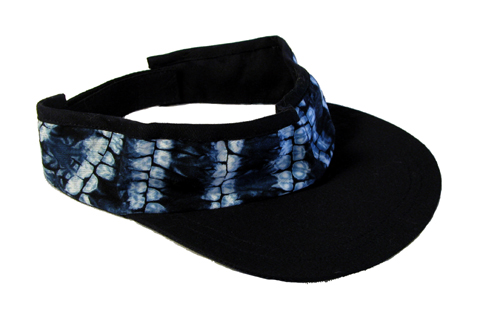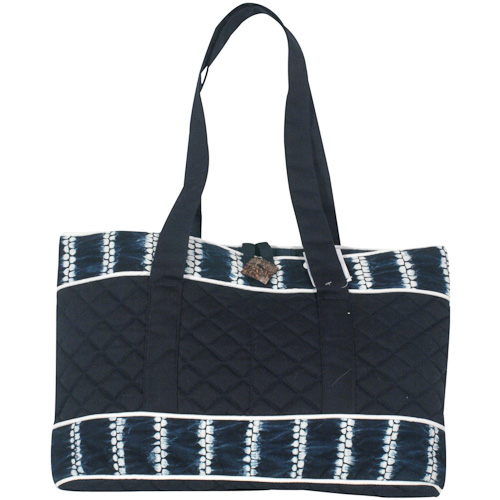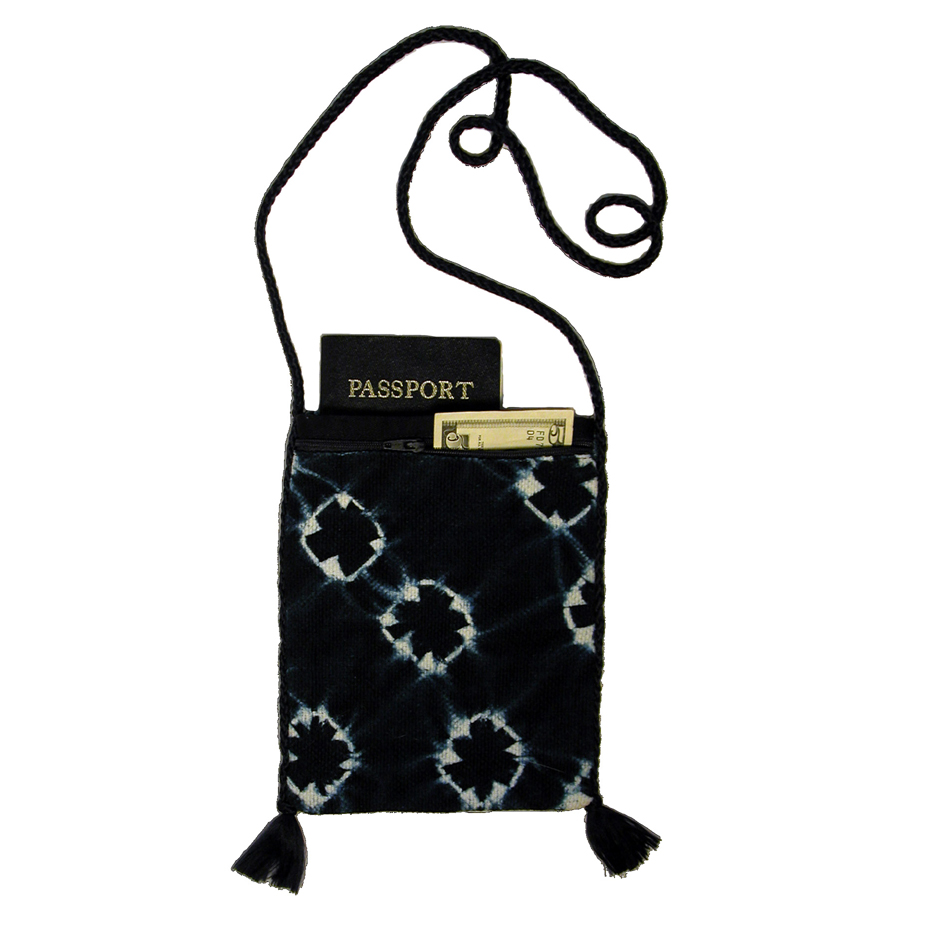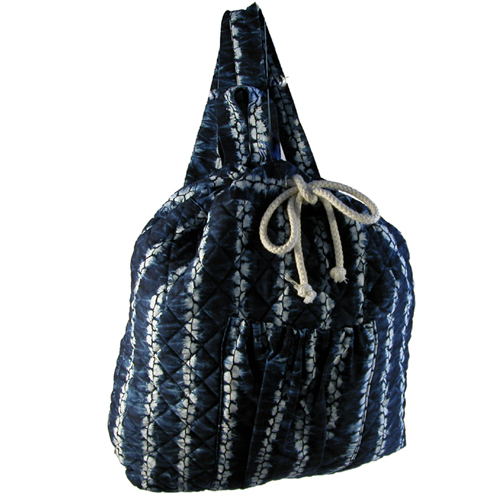El Salvador has been home to some of the greatest civilizations of Mesoamerica; beginning with the Olmec civilization in 2,000 BC, and followed not long after by the Mayans. In 1522, the first Spaniards arrived, bringing with them disease that killed most natives and led to the eventual Spanish conquest and occupation.
The Spanish turned the landscape into plantations for growing balsam, cotton and indigo. For the next four centuries, El Salvador became the largest producer of Indigo which was used to die the fabric streaming out of the European textile factories.
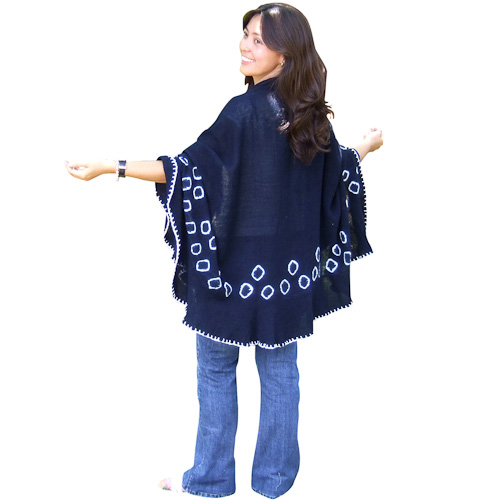
In the early 1990s after decades of civil war that ravished El Salvador and its people, the United Nations intervened to negotiate a ceasefire between the FMLN, the revolutionary guerilla movement and the sitting regime.
By 2003, years of turmoil and civil war had ravished El Salvador and its people. Time was ripe for an enterprising group of women artisans. Looking for a way to improve their lives and use their skills and resources, this group of women created cooperative known as Las Azulinas.
Today, Las Azulinas is a cooperative where 100% of the artisans are women. They produce beautiful indigo handmade clothing and accessories which permits the women to provide the economic needs for both themselves and their families.
Las Azulinas' combination of El Salvador's most precious resources has made it a beacon of fair trade enterprise in Central America.





